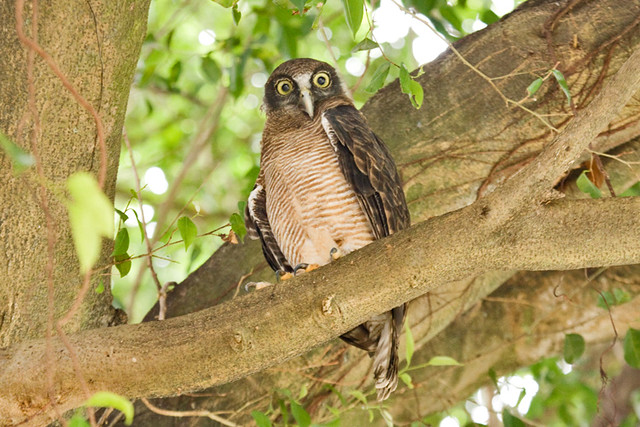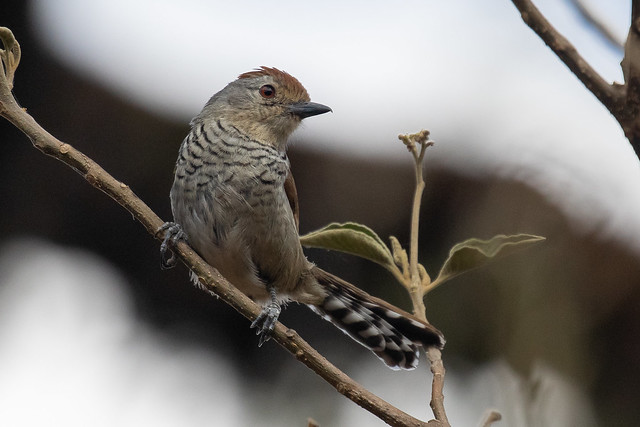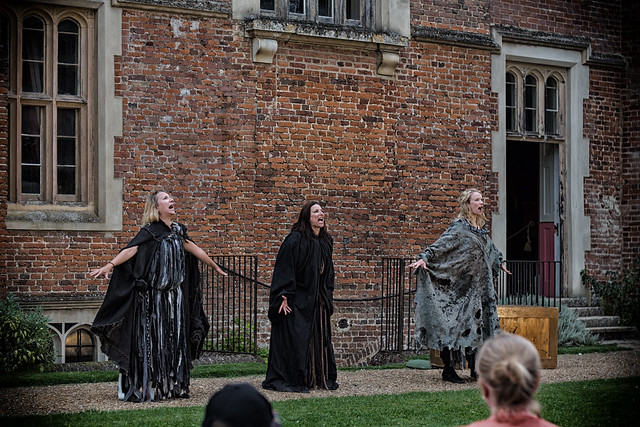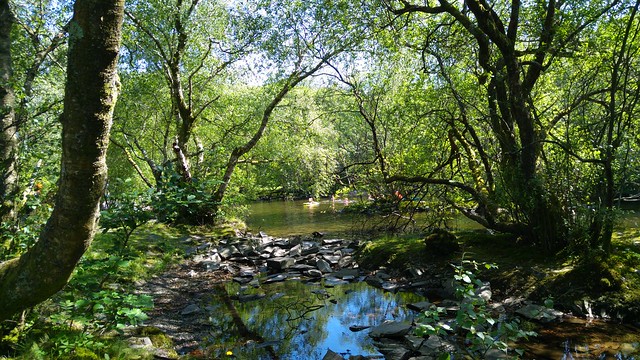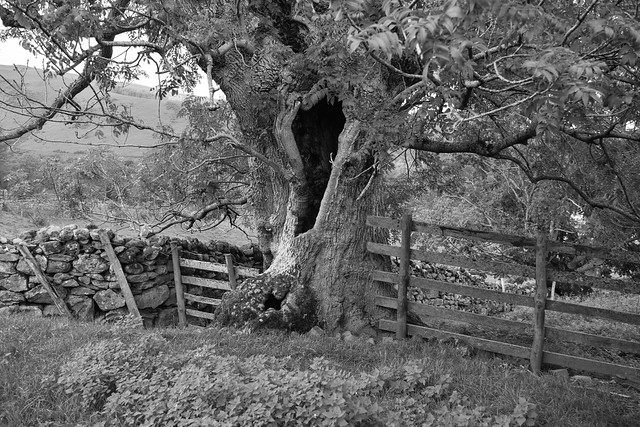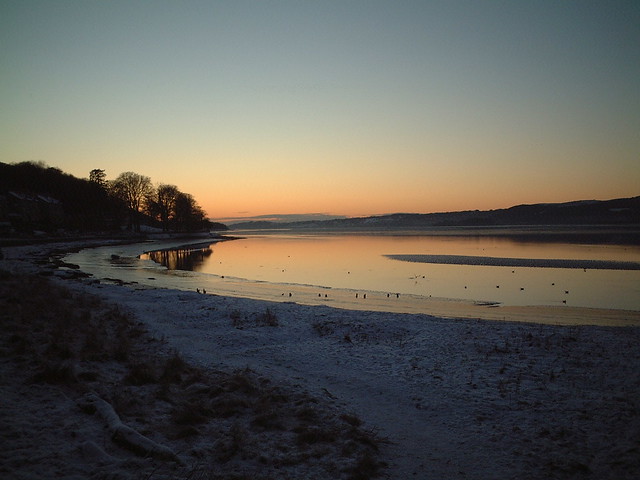Podcast: Play in new window | Download
In this adventure we’re going down the rabbit hole and unearthing the origins of the word down.

Down has various meanings, each of which has different roots. First let’s look at down that means ‘from a higher position to a lower one; facing downwards, to knock down; a negative aspect’, and various other things.
This comes from Middle English doun [duːn] (down), from Old English dūne (down), a form of adūne (down, downward), from ofdūne [ovˈduː.ne] (down – “of the hill”), from Proto-Germanic *dūnǭ (sand dune, hill), possibly from *dūnaz (pile, heap), from PIE *dʰewh₂- (smoke, mist, haze) [source].
Another meaning of down (especially in southern England) is a (chalk) hill, rolling grassland, a field, especially one used for horse racing, or a piece of poor, sandy hilly land near the sea covered with fine turf used mainly for grazing sheep.
This comes from Middle English doun(e) [duːn] (hill, grass-grown upland, open country), from Old English dūn (mountain, hill), from Proto-Germanic *dūnǭ (sand dune, hill), probably from Proto-Celtic *dūnom (stronghold, rampart), from PIE *duh₂-nós (lasting, durable), or from *dʰewh₂- (smoke, mist, haze) [source].
Words from the same roots include dùn (heap, fort, town) in Scottish Gaelic, dinas (city) in Welsh, town and dune in English, tuin (garden, yard) in Dutch, and Zaun (fence) in German [source].
Down can also refer to soft, fluffy feathers that grow on young birds, and that are used as insulating material in duvets, sleeping bags and jackets, and soft hairs on plants or people’s faces.
This comes from Middle English doun (soft feathers of birds, down), from Old Norse dúnn (down), from Proto-Germanic *dūnaz (pile, heap), from PIE *dʰewh₂- (smoke, mist, haze) [source].
So all the different senses of down might ultimately come from the same PIE root, but arrived in modern English via different routes. So try not to feel down when up on the downs in a down jacket because that would be a bit of a downer.
Incidentally, we used to call duvets slumberdowns in my family. I thought that was their name, but later discovered that other people have different names for them, such as duvet or continental quilt. Slumberdown is in fact the name of the company that makes them. They’re apparently called comforters or quilts in North America, doonas in Australia, and ralli quilts or razai in India and Pakistan. What do you call them? [source].
I also write about words, etymology and other language-related topics on the Omniglot Blog, and I explore etymological connections between Celtic languages on the Celtiadur.
You can also listen to this podcast on: Apple Podcasts, Amazon Music, Stitcher, TuneIn, Podchaser, PlayerFM or podtail.
If you would like to support this podcast, you can make a donation via PayPal or Patreon, or contribute to Omniglot in other ways.
Radio Omniglot podcasts are brought to you in association with Blubrry Podcast Hosting, a great place to host your podcasts. Get your first month free with the promo code omniglot.






